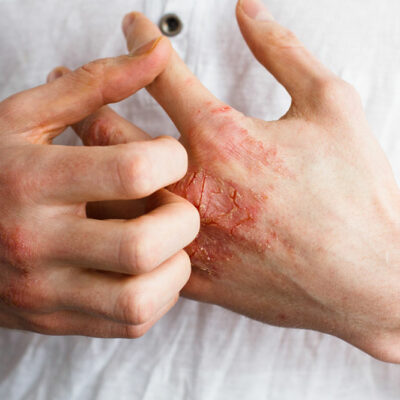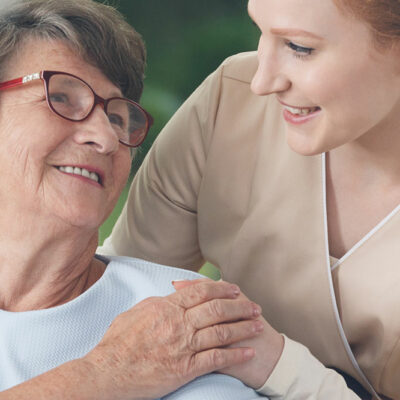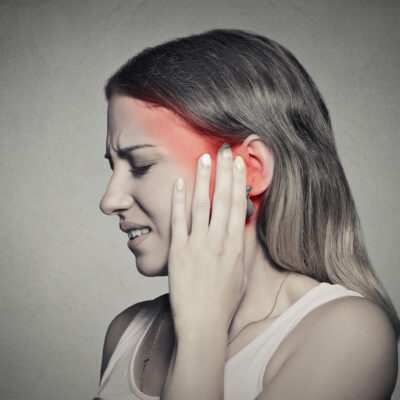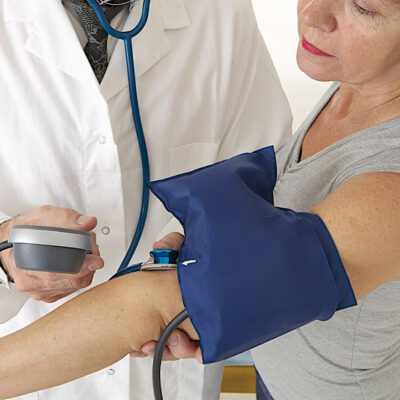
Health
Common City Pollutants that Trigger Eczema and Allergies
High rates of air pollution are a fact of city life that people have grown accustomed to living with. But they harm the health of city dwellers in many different ways. Research shows that there are higher rates of allergies and asthma in city dwellers and those that live close to highways. Air pollutants are proven to be hazardous to overall health and are known triggers of respiratory allergies. However, research has proven that they also trigger eczema and allergies. This is not surprising when we consider that eczema is caused by the inability of the skin to protect itself from irritants. When such compromised skin is exposed to city pollutants that trigger eczema and allergies, it is bound to make the condition worse. The main mechanism by which city pollutants that trigger eczema and allergies harm the skin is by causing oxidative stress. In addition, they also cause a host of problems such as premature aging, acne, psoriasis, and cancer. These pollutants also have an immunomodulatory effect that makes the body more susceptible to allergies. Scientists have proven a correlation between city pollutants that trigger eczema and allergies and elevated levels of total serum IgE, which is an allergy antibody that is produced as part of an allergic reaction in the people exposed to them.
Read More 















